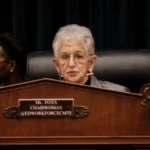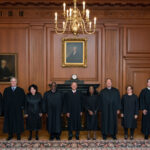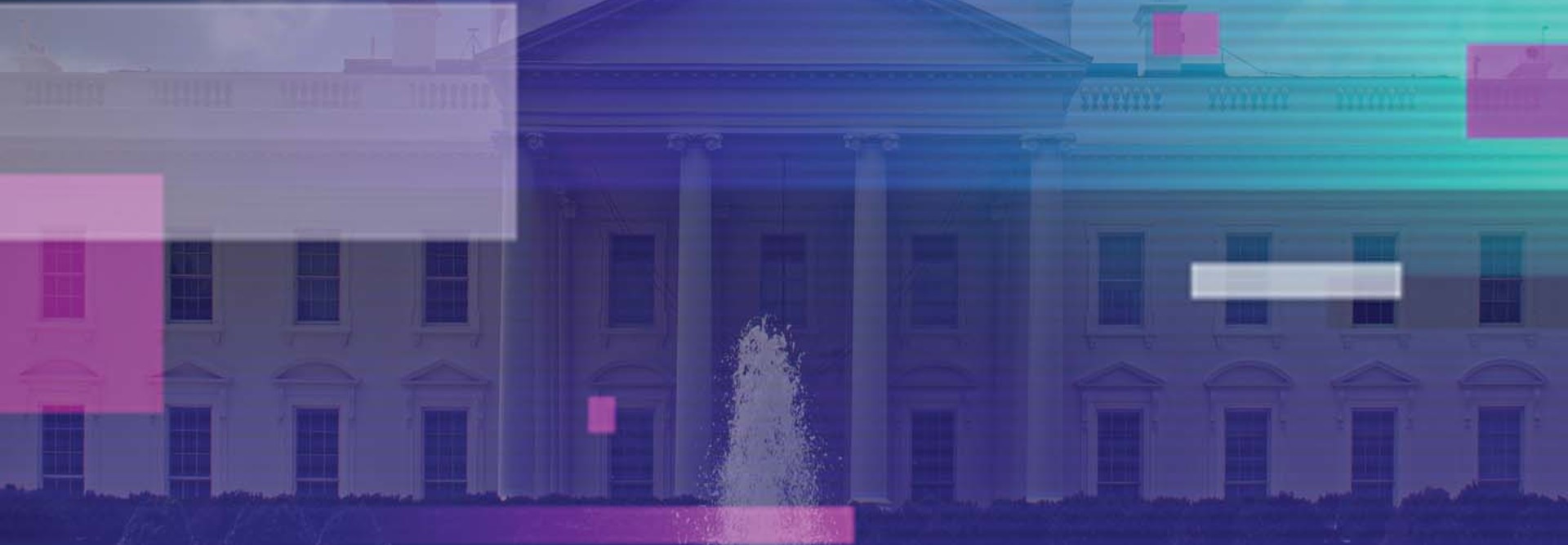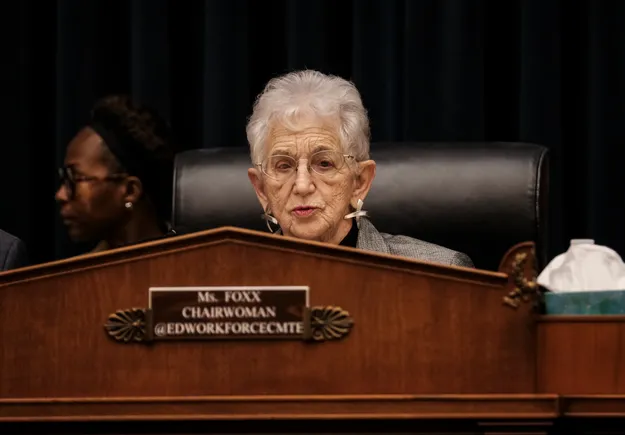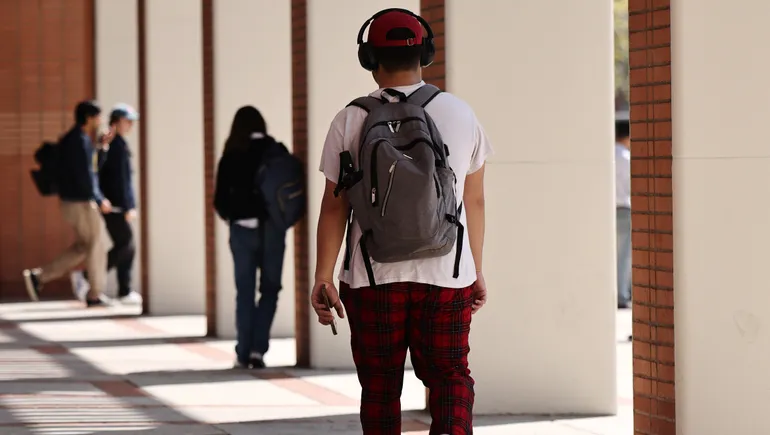Klosek emphasized how the renewed regulatory authority could empower the FCC to defend ARL’s core cause of academic freedom.
“What I saw was a lot of emphasis on freedom of expression, and that’s absolutely one of the core principles,” she says.
The threat there, she added, could lie not in commercial motivations but in ideological goals, as seen in some Republican demands to block sites that provide information about abortion pills. “They could use these techniques to restrict access to certain content that they don’t want,” Klosek says.
Net Neutrality Promotes Affordable Internet Access
As in 2015, the FCC’s recent vote for net neutrality regulations has the commission eschewing the authority that Title II would otherwise grant it to regulate rates. But educational advocates urge policymakers not to forget those concerns.
Klosek recalled the worst of the pandemic, when broadband access was the only way for many students to stay connected but also economically out of reach as the economy crashed.
“There was nothing the FCC could do to stop ISPs from terminating those subscriptions,” she said.
RELATED: University Wi-Fi networks can improve digital equity in surrounding communities.
The demise of the Affordable Connectivity Program, which extended discounts to qualifying lower-income households, hasn’t helped.
“When students can easily connect to high-speed internet, they spend less time and effort searching for a stable connection, allowing them to focus more on their studies and pursue their academic goals effectively,” Cummings says.
But the Biden administration’s efforts to support broadband upgrades at educational institutions through the 2021 infrastructure law leave educators optimistic that their cost concerns will get better.
Cummings commended the “the significant federal investments currently being made to improve broadband infrastructure nationwide,” noting that state and regional research and educational networks have been able to leverage those funds — particularly for “anchor institutions like schools, libraries, and hospitals.”
Legal Challenges to Net Neutrality Persist
For the moment, the FCC’s net neutrality regulations are on hold, courtesy of an Aug. 1 opinion from a three-judge panel of the U.S. Court of Appeals for the Sixth Circuit that stayed the rules until a separate panel can weigh them further starting in October.
That opinion suggested that the commission does not have the authority to put internet providers under Title II or to classify them under Title I’s provisions for “information services,” a ruling that would leave the FCC powerless in this field.
John Bergmayer, legal director for the think tank Public Knowledge, said in an email that previous Supreme Court cases make it clear that the FCC does have that authority under the Telecommunications Act and that “the best reading of the law” is that broadband falls under Title II. He predicted that the court will get a chance to decide this case accordingly: “I expect this one will work its way up to SCOTUS one way or the other.”
As the Trump-era FCC’s regulatory retreat reminded net neutrality advocates, a single vote by the commission can resolve nothing in the long term if the commission’s majority flips from one party to another between administrations.
LEARN MORE: What are ghost students, and how can you keep them out of your institution?
The former president has not discussed net neutrality at any length anytime recently. But the frequent denunciations of net neutrality regulations by the FCC’s senior Republican member Brendan Carr (author of the chapter on the FCC in the Heritage Foundation’s Project 2025 blueprint) suggest that in a second Trump administration, the commission would move as quickly as it did under the first Trump White House to dump net neutrality rules.
Cummings noted that some states responded to the 2017 erasure of net neutrality regulations by passing their own laws mandating network neutrality. “These state-level protections have been crucial since the weight of their broadband access markets pushes providers toward following the rules of those states across their operations,” he observed.
But Cummings, Klosek and other advocates of net neutrality regulation would rather see Congress step up and pass a law explicitly defining legal foundations for those rules.
“That’s a thing we continue to support and to work for,” Klosek said. “Federal regulation would be better to harmonize what’s happening at the state level.”
#Reinstatement #Net #Neutrality #Means #Higher #Education



